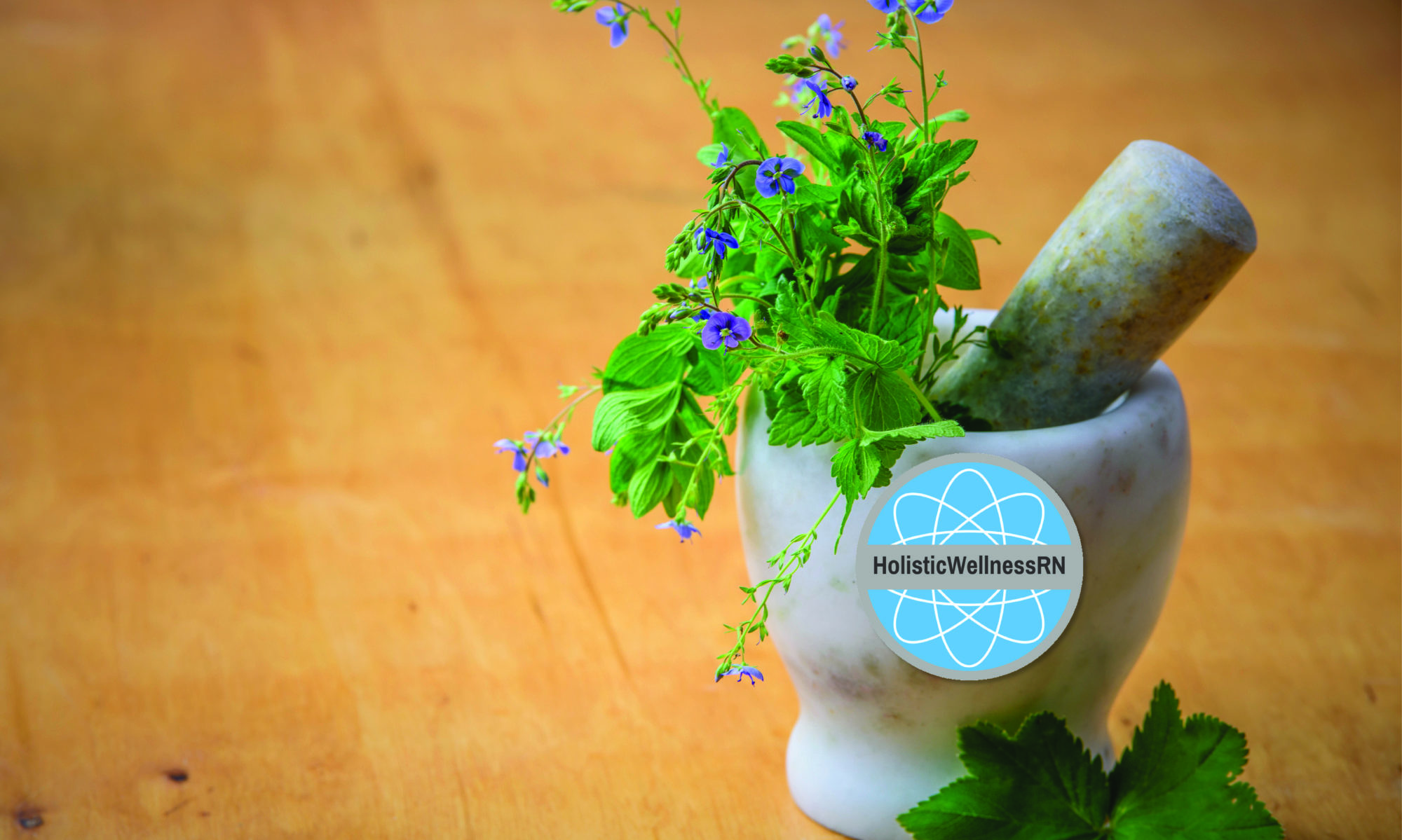Nutrition and Our Immune System
Our immune system is complex. It’s this system that is responsible for keeping your body healthy. There are many lifestyle factors that can either help or harm its function. Nutrition is an extremely important part of having a healthy immune system.

Our immune system is a complex defense mechanism that is constantly at work to fight off harmful germs that cause us to become ill. This system has a many components.
Biological processes are always at work, ranging from specific body parts all the way down to the cellular level. It works to keep harmful toxins from sticking around inside the body and fights off viruses, bacteria, and parasites that you come into contact within your daily life.
We would not live one day without an immune system.
Poor dietary habits, like eating excessive amounts of sugar and processed foods are harmful to your immune health. The body is only able to fuel itself with the things that we consume.
It only makes sense that ingesting harmful substances that provide little nutritional value only serves to negatively affect our health
Risks Of Bacterial Infection
Bacteria can certainly be defined as having a sweet tooth. These microorganisms absolutely love sugar and will readily use it as their primary fuel source. There are an enormous amount of good bacteria inside of the body that are only there to help us. Other kinds of bacteria are not so benevolent.
A diet that is high in sugar places you at a higher risk for developing a bacterial infection, as any harmful kinds of bacteria present in the body are able to multiply more quickly when there is plenty of fuel on hand (sugar!!!).

While it is true that the immune system is effective at preventing infections caused by bacteria, it is never a good idea to place more strain on this defense mechanism than it already has.
We are all aware that consuming too much sugar is bad for us in general. However, most people only consider cavities, acne and weight gain to be the consequences of excess sugar consumption. Your immune system also suffers when you go overboard with sweets.
Chronic Inflammation Is Bad For Immunity
Inflammation and the immune system have somewhat of a love/hate relationship. Inflammation occurs as a response to an injury or infection.
Your body uses the inflammatory response as a way to heal and repair itself. When you develop a sinus infection or sprain your ankle, the swelling that occurs is your immune systems way of resolving the situation.
However, inflammation is not something that should be present in the body all the time. Chronic inflammation weakens the immune system by forcing it to be turned on constantly. Many diseases and serious health issues have long been linked to chronic inflammation in the body.
Poor nutrition and improper dietary habits are known to cause inflammation in the body. A diet that is high in sugar, refined foods and low in fiber is a lethal recipe for causing the body to maintain an inflamed state.
Eating To Reduce Inflammation
One way of reducing inflammation is to have a diet high in antioxidants. Antioxidants seem to limit the amount of inflammation in the diet.
You can get antioxidants in your diet by eating foods containing them, which are primarily dark, rich-colored fruits and vegetables, such as blueberries, cranberries, beans, russet potatoes, and artichokes.

Many people with autoimmune diseases follow a paleo diet. A paleo diet has few foods in it that are inflammatory and may serve you well to reduce inflammation and the symptoms of autoimmune diseases if you already have one. Can the Paleo Diet Help Fight Autoimmune Diseases?
Eat the Right Foods
Your diet is a key part of a healthy immune system. Fruits and vegetables provide Vitamins C and E, which help keep your immune system strong.
- Vitamin C is needed by white blood cells to destroy infection in your body.
- Vitamin E helps keep your blood vessels working correctly so your body can transport blood to infected areas.
- Beta-carotene and other antioxidants are also found in fruits and vegetables. When your body processes food into energy, it creates harmful byproducts called free radicals. Over time, free radicals can damage healthy cells in your body and cause disease. The antioxidants in fruits and vegetables help neutralize free radicals to keep you healthy.
Vitamin C Rich Foods
Many fruits and vegetables naturally contain high volumes of vitamin C:
- Citrus fruit – oranges, lemons, limes
- Broccoli
- Cantaloupe
- Cauliflower
- Kiwi
- Papaya
- Red, green or yellow pepper
- Sweet potatoes
- Strawberries
- Tomatoes
- Lychee
- Kakadu plums
- Acerola cherries
- Rose hips
- Chili peppers
- Guavas
- Blackcurrants
- Thyme
- Parsley
- Mustard spinach
- Kale
Vitamin E Rich Foods
- Sunflower Seeds
- Peanuts
- Oils: sunflowers, wheat germ and olive oil
- Almonds
- Shrimp
- Hazelnuts
- Asparagus
- Broccoli
- Spinach
- Vegetable Oils
Antioxidant and Beta Carotene Rich Foods
- Dark leafy greens, such as kale and spinach
- Romaine lettuce
- Carrots
- Sweet potatoes
- Squash
- Cantaloupe
- Red and yellow peppers
- Apricots
- Peas
- Broccoli
Plant Rich Diets to Boost Your Immune System
Plant-rich diets aren’t just healthy because the nutrients they include boost your immune system. They also encourage you to avoid processed and high-sugar foods that can negatively impact your immune system.
DASH Diet
According to the Mayo Clinic, the DASH diet stands for “Dietary Approaches to Stop Hypertension,” meaning the diet is intended to help lower blood pressure. The diet itself was actually developed by medical professionals at the National Institutes for Health.
With this diet, you’ll be eating plenty of fruits and vegetables on a daily basis. In fact, you could be eating as many as 4 to 5 servings of both fruits and vegetables in a single day.
You’ll also be eating about 4 to 5 servings of nuts or legumes per week and about 2 to 3 servings of fat per day (likely olive oil) that can also help to boost your immune system’s functioning as well.

Mediterranean Diet
According to the American Heart Association, the Mediterranean diet requires you to load up on grains, vegetables, and fruits. When you stick to this diet in the long-term, you’re reducing your risk of conditions like stroke, obesity, and heart disease.
You should expect to eat at least seven servings of fruits and vegetables per day. Additionally, all of your grains will likely be whole grains.
The Mediterranean diet does call for meat occasionally (on a weekly basis), but the general recommendation is to eat seafood rather than other types of meat. The diet is designed around fruits, vegetables, and grains with meats being supplementary.
MIND Diet
The MIND diet is actually a subtle combination of both the DASH diet and the Mediterranean diet. With this low carbohydrate diet, you can expect to lower your risk of developing conditions like Alzheimer’s, as this diet boosts brain health. The MIND Diet: A Detailed Guide for Beginners
Every day, you’ll be eating three servings of vegetables, salads, and whole grains. The diet also recommends drinking a glass of wine, but feel free to swap in a glass of water if it makes you more comfortable.
This relatively high-fiber diet also encourages snacks to consist of nuts, beans, berries, and sometimes poultry.
Realistically, any diet can improve your immunity. The best way to do this is by avoiding processed and unhealthy foods and replacing them with fruits, vegetables, and healthy grains.
The Connection Between Diet And Autoimmune Diseases
There are 23 million US adults with autoimmune diseases, many of whom wonder if there is something about their diet that can help control their conditions.
Autoimmune disease is the second most common cause of chronic disease in adults. This means that about 5% of Americans have been diagnosed with an autoimmune disease.
Inflammation And Autoimmune Disease
Autoimmune disease is all about inflammation. The body has an immune system that normally directs itself toward dangerous pathogens that affect the body.
In autoimmune diseases, the immune system becomes confused and makes antibodies against the body’s own tissues. There are hundreds of autoimmune diseases that each have antibodies directed at different tissues of the body. Autoimmune Diseases
Chronic inflammation is present in many people who have autoimmune diseases and may play a role in its development. Doctors don’t know which comes first, the autoimmune disease or the inflammation.
Doctors just don’t know. To complicate matters, you can have inflammation and not have autoimmune diseases and can have autoimmune diseases without a lot of inflammation.
Treatment Strategies
The management of autoimmune diseases through nutrition usually places an emphasis on controlling inflammation and pain, which slows the disease progression and helps the immune system function better. There are certain foods and nutrients that seem to be beneficial in managing the diseases.
For example, there seems to be a relationship between vitamin D levels and the development of autoimmune diseases. Those who lack vitamin D have a greater than average risk of getting various autoimmune diseases, such as multiple sclerosis.
Those who live in certain climates have a greater risk of getting type I diabetes and multiple sclerosis, both autoimmune diseases, than those who live near the equator. The Implication of Vitamin D and Autoimmunity
Vitamin D can be found in fortified dairy products, fortified cereals and as a vitamin D supplement. The most natural way to get vitamin D is through sunshine, which can be hard to do in northern climates in the middle of the winter.

There are vitamin D receptors found in many cells of the body, including the islet cells inside the pancreas, cells inside the colon, and human lymphocytes. It may be that vitamin D keeps the immune system healthy by inhibiting the growth and division of T cells in the immune system, decreasing the amount of pro-inflammatory cytokines.
The Gut Flora And Autoimmunity
Another area of research is on balancing the gut flora in order to prevent inflammation. When the gut flora are out of balance, this creates a leaky gut that allows larger particles of food to enter the bloodstream.
The body recognizes these as foreign antigens and the immune system is activated. Whenever the immune system is hyper-activated, autoimmune diseases can occur. 5 Ways to Reduce Inflammation and Take Control of Your Gut Health

You can keep your gut flora healthy by eating foods that are high in probiotics.
This includes eating yogurt and other fermented products, such as:
- Kefir
- Dark chocolate
- Sauerkraut
- Miso soup
- Pickles
- Tempeh
Eating foods like these can replace bad bacteria in your gut with good bacteria, therefore reducing inflammation.
The Diet In Celiac Disease
People with celiac disease have an autoimmune condition that makes them intolerant to gluten. Gluten is found in many types of grains, including wheat grains, oat grains, barley, and rye.
As long as the person with this gluten intolerance stays away from foods containing these grains, they don’t have inflammation and they aren’t sick.
Gluten-free diets also seem to play a positive role in other autoimmune diseases, such as lupus, rheumatoid arthritis, and multiple sclerosis.
There is no proof that avoiding gluten helps all autoimmune diseases but it is known that many people with autoimmune diseases also have gluten sensitivity. Celiac Disease
The Immune System Goes As The Rest Of The Body Goes
Probably the most important factor to consider when linking nutrition and the immune system is that the system itself is a direct reflection of your overall health and well-being. Anything that is bad for your body is also harmful to your immune system and vice versa.
If your nutrition is poor, you are likely to experience excess weight gain, poor quality of sleep and many other ailments that negatively affect your body as a whole. Therefore, it is important to avoid separating your fitness and health from your immune system.
Taking care of your body through proper diet and exercise is a sure fire way to make sure you are fortifying your immune system as well.
Disclaimer: This post is for informational purposes only and is not intended as medical advice. Medical advice should always be obtained from a qualified medical professional for any health conditions or symptoms associated with them. Every possible effort has been made in preparing and researching this material. I make no warranties with respect to the accuracy, applicability of its contents or any omissions.
Additional References
Stress, Inflammation, Immunity; https://www.rn.com/featured-stories/stress-inflammation-immunity/
15 Foods That Boost the Immune System; https://www.healthline.com/health/food-nutrition/foods-that-boost-the-immune-system
How to boost your immune system – Harvard Health; https://www.health.harvard.edu/staying-healthy/how-to-boost-your-immune-system
Improve Your Immunity With Diet and Lifestyle Changes; https://www.webmd.com/diet/ss/slideshow-strengthen-immunity
8 Foods That Can Support Your Immunity; https://health.usnews.com/wellness/food/slideshows/foods-that-can-support-your-immunity
